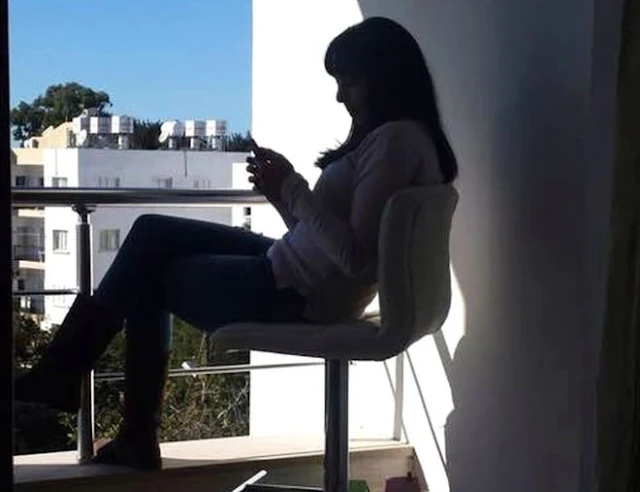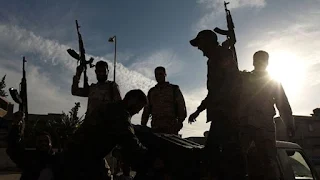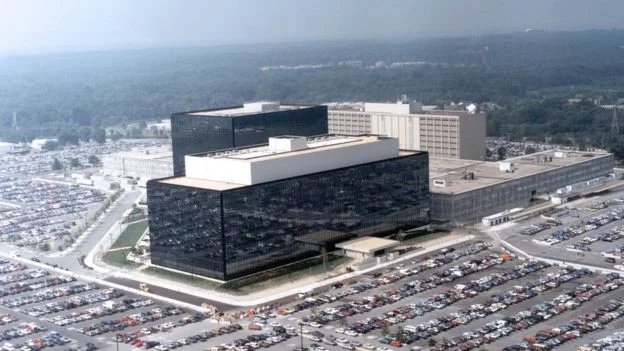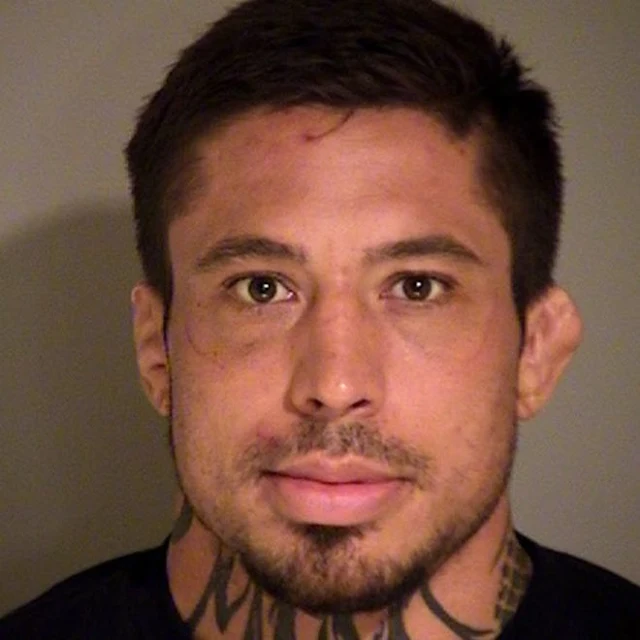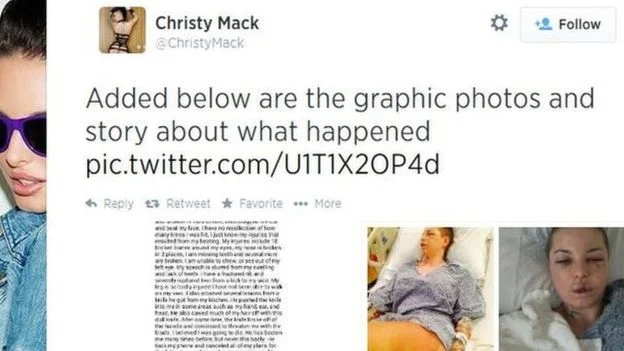Uber fires 20 staff after harassment investigation
Uber has fired more than 20 people, and is taking other actions against staff, after a harassment investigation.
The taxi-app firm said the sackings related to sexual harassment, bullying and issues about poor company culture.
Uber
has been under fire over its treatment of women staff since a former
employee wrote a scathing blog post about her experience.
It led to two investigations and the uncovering of 215 complaints about harassment and other allegations.
Uber
has struggled with a series of controversies in recent months,
including a backlash over aggressive corporate tactics and a lawsuit
from Google-owner Alphabet over allegedly stolen technology for
self-driving cars.
Several high-placed executives resigned amid
the turbulence, including a former head of engineering, who had failed
to disclose harassment complaints at his former employer.
Chief executive Travis Kalanick's filmed argument with an Uber driver over falling rates also fuelled criticism, leading him to say that he needed "leadership help".
Susan Fowler, who wrote the critical blog post
about Uber, said the company had ignored her complaints of sexual
harassment. Widely shared, the blog prompted Mr Kalanick to launch the
investigations.
Law
firm Perkins Coie reviewed 215 claims, which included sexual harassment
and discrimination as well as other complaints, an Uber spokeswoman
said.
The firm recommended no action in 100 of them; 57 remain
under review, while others have received warnings or are in training,
she said.
Some of those fired held senior positions, she said.
The 215 claims investigated were broken down as follows:
Discrimination,
54; Sexual harassment, 47; Unprofessional behaviour, 45; Bullying, 33;
Other harassment, 19; Retaliation, 13; Physical security 3; Wrongful
dismissal 1.
Action taken and cases under review:
Staff fired, 20; Staff put in training, 31; Final warnings, 7; Claims still under review, 57.
Uber
has also appointed Eric Holder, who served as attorney general under
former US president Barack Obama, to investigate the company's broader
culture.
The findings of that report have been turned over to the board and recommendations are expected to be made public next week.
Some changes are already in place.
Uber announced the hiring of two women to high profile positions this week.
Frances
Frei, a Harvard Business School professor, will serve as a senior vice
president for leadership and strategy, working with the head of human
resources Liane Hornsey. Ms Hornsey is herself relatively new, starting
at the company in January.
Bozoma Saint John, a former marketing executive at Apple, is also joining Uber as chief brand officer.
Uber employs more than 12,000 people globally.
About
36% of the workforce is female, according to a diversity report the
firm published earlier this year. Women hold about 15% of the technology
positions.
By Dave Lee, BBC North America technology reporter, San Francisco
It goes without saying that this issue doesn't go away with these firings.
Uber
has major questions still to answer - some of them will hopefully be
addressed when more details of the report are made public.
Most
troubling is why Uber's own internal HR measures weren't thorough or
fair enough to see that the actions of 20 employees warranted dismissal.
Instead it took a brave former employee - and then an expensive, lengthy investigation - to get to that point.
So
as well as detailing what it has done to address those existing
complaints, Uber will now have to be very clear about how it will handle
such issues in future.
Crucially, the lessons from this report
should not be heeded by Uber alone. As many people have pointed out to
me since we began reporting this story, this is a problem that affects
the technology industry across the board
BBC NEWS


